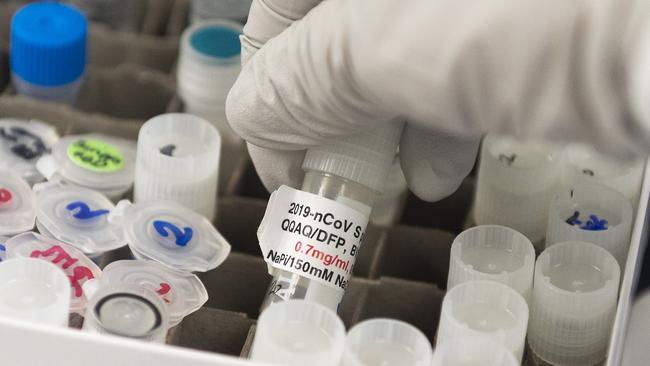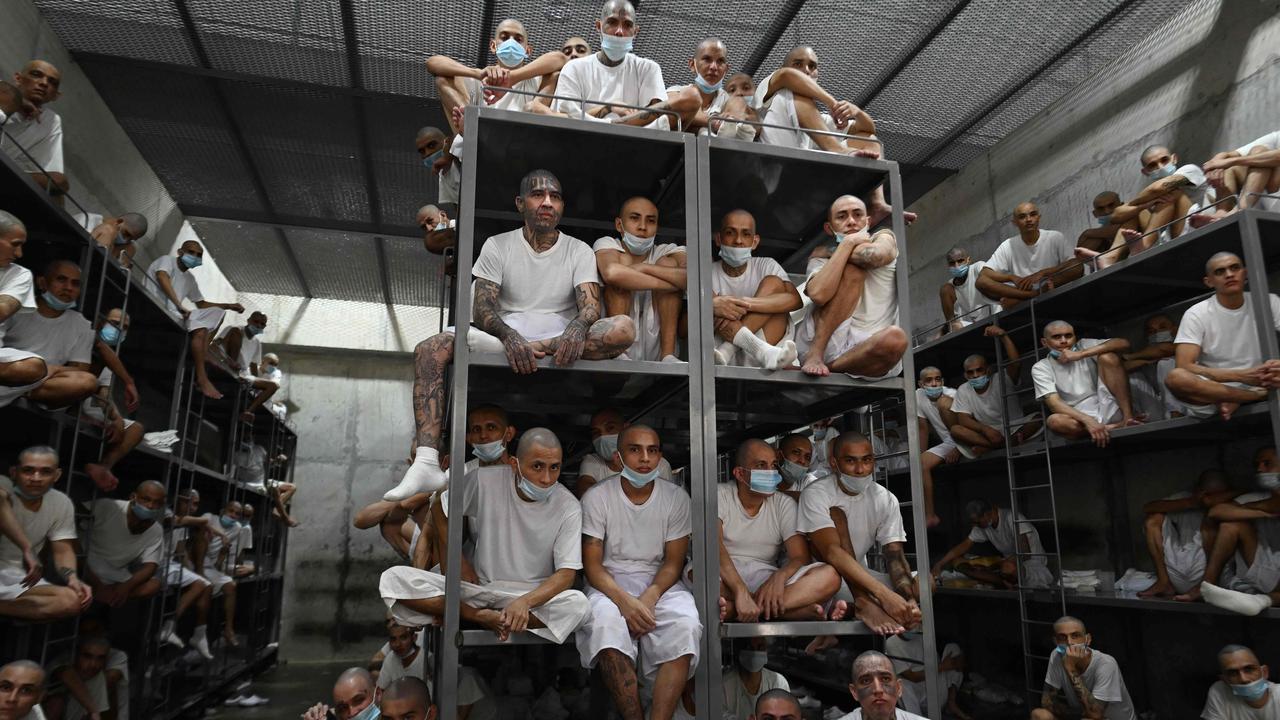Pfizer COVID-19 vaccine: when will it be ready and everything else you need to know
Initial effectiveness data was positive, yet more needs to be learned about the shot, including its safety, and manufacturing doses will take time.

Pfizer Inc and BioNTech released promising, but preliminary, results for the effectiveness of their COVID-19 vaccine. Here’s what we know, and what we don’t know, and what this means for people getting the shots.
When will the Pfizer vaccine be ready for authorisation?
It will be several more weeks at the earliest, because researchers and regulators still need to make sure the shot is safe. The US Food and Drug Administration has said it wants to see two months’ worth of safety outcomes after vaccination for at least half of the people participating in any large, final-stage clinical trial before it considers authorising a COVID-19 vaccine. The FDA says this will allow identification of any side effects, such as neurological or heart conditions, that weren’t apparent immediately after vaccination. So far, no serious safety issues have been found, Pfizer says. It expects the two months of safety data later this month, and can ask the FDA to authorise the vaccine soon thereafter. It’s not yet clear how long the FDA will take to make a decision.
UPDATE: We are proud to announce, along with @BioNTech_Group, that our mRNA-based #vaccine candidate has, at an interim analysis, demonstrated initial evidence of efficacy against #COVID19 in participants without prior evidence of SARS-CoV-2 infection.
— Pfizer Inc. (@pfizer) November 9, 2020
When will people start getting vaccinated?
Shots from Pfizer and BioNTech could start becoming available before the end of the year, as production has already begun, but initial supplies will be limited. Pfizer says it expects to produce up to 50 million doses globally in 2020 — enough for 25 million people because the vaccine is given in two doses — and up to 1.3 billion doses in 2021. This means only the highest risk groups, such as frontline health care workers, could be inoculated this year. Many more doses would be needed to cover the US and global population. Other COVID-19 vaccines in development will likely be needed for everyone to get vaccinated. Their makers have projected they could produce billions of doses next year if their vaccines are successful in clinical testing.
What does this mean for the timing of reopenings?
Pfizer and BioNTech had projected getting initial data around this time. Companies making other leading vaccine candidates have also forecast getting early data before year’s end. Given the limited initial supplies, however, public-health authorities have cautioned there wouldn’t be enough shots to vaccinate the general population until next year some time, perhaps the summer. That means, the health authorities said, precautions such as social-distancing and mask-wearing will remain important for the foreseeable future, especially as cold weather drives many people indoors, and a return to normal won’t be for a while. “We actually need to redouble our efforts in the basics of infection prevention while we await therapeutics and vaccines,” said Dr Lisa Maragakis, an infectious disease specialist at Johns Hopkins University School of Medicine.
What does this mean for other COVID-19 vaccines in development?
Pfizer’s analysis outcome bodes well for a COVID-19 vaccine developed by Moderna Inc because it uses similar mRNA technology. Moderna expects efficacy and safety results from a large trial of its vaccine later this month. Other leading vaccines developed by AstraZeneca PLC, Johnson & Johnson and Novavax Inc don’t use mRNA-based technologies, but they target the spike protein of the coronavirus that is also targeted by the mRNA vaccines. These companies have started large Phase 3 trials and could have results within the next few months. “It seems to be a proof of principle that we can make a vaccine, that it can make an immune response, that it does look safe in individuals that have been studied so far and that it actually works in the real world to protect against Covid,” said Dr. Buddy Creech, director of the Vanderbilt Vaccine Research Program in Nashville, Tenn, said in an interview. “That’s all you can hope for in any vaccine. And for it to have occurred this quickly and this rigorously is really encouraging.”

What don’t we know yet?
The effectiveness data announced by Pfizer and BioNTech was positive but preliminary. It left many unknowns beyond whether the vaccine is safe to take. The analysis took place too soon for researchers to figure how long the protection conferred by the vaccine will last; the data only looked how well the vaccine worked seven days after subjects got a second shot. “What will be the protective efficacy over time?” Gregory Poland, director of the Mayo Clinic’s vaccine-research group. “Is this going to be a handful of months, like the flu vaccine? Is it going to be like measles or smallpox where it’s lifelong immunity?” It is also unclear whether the vaccine worked at protecting against severe COVID-19 disease. Nor is it clear whether the vaccine worked in all the different populations that would be in line to get one, including the elderly, children and various racial and ethnic groups. Pfizer and BioNTech are expected to release additional data later.






